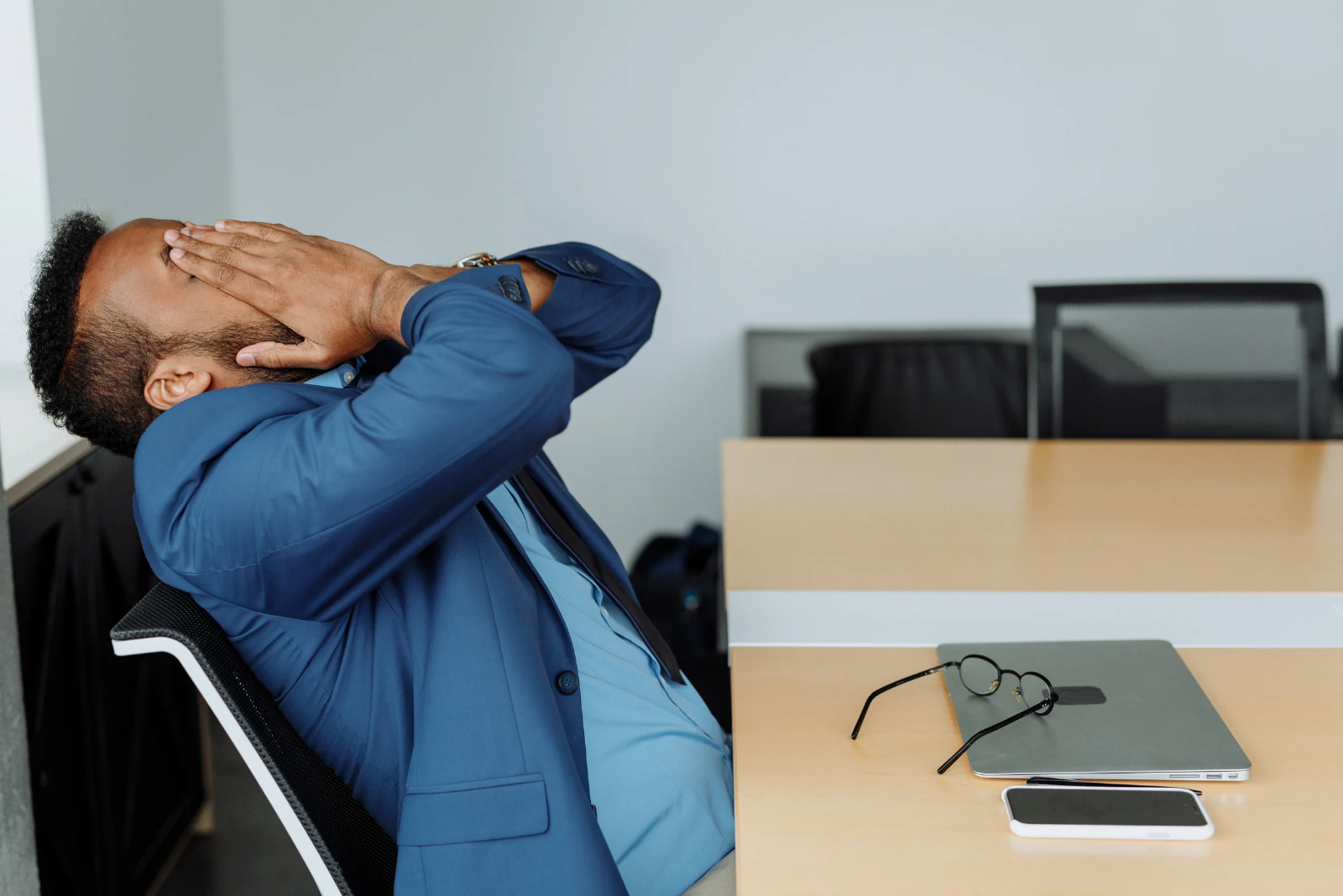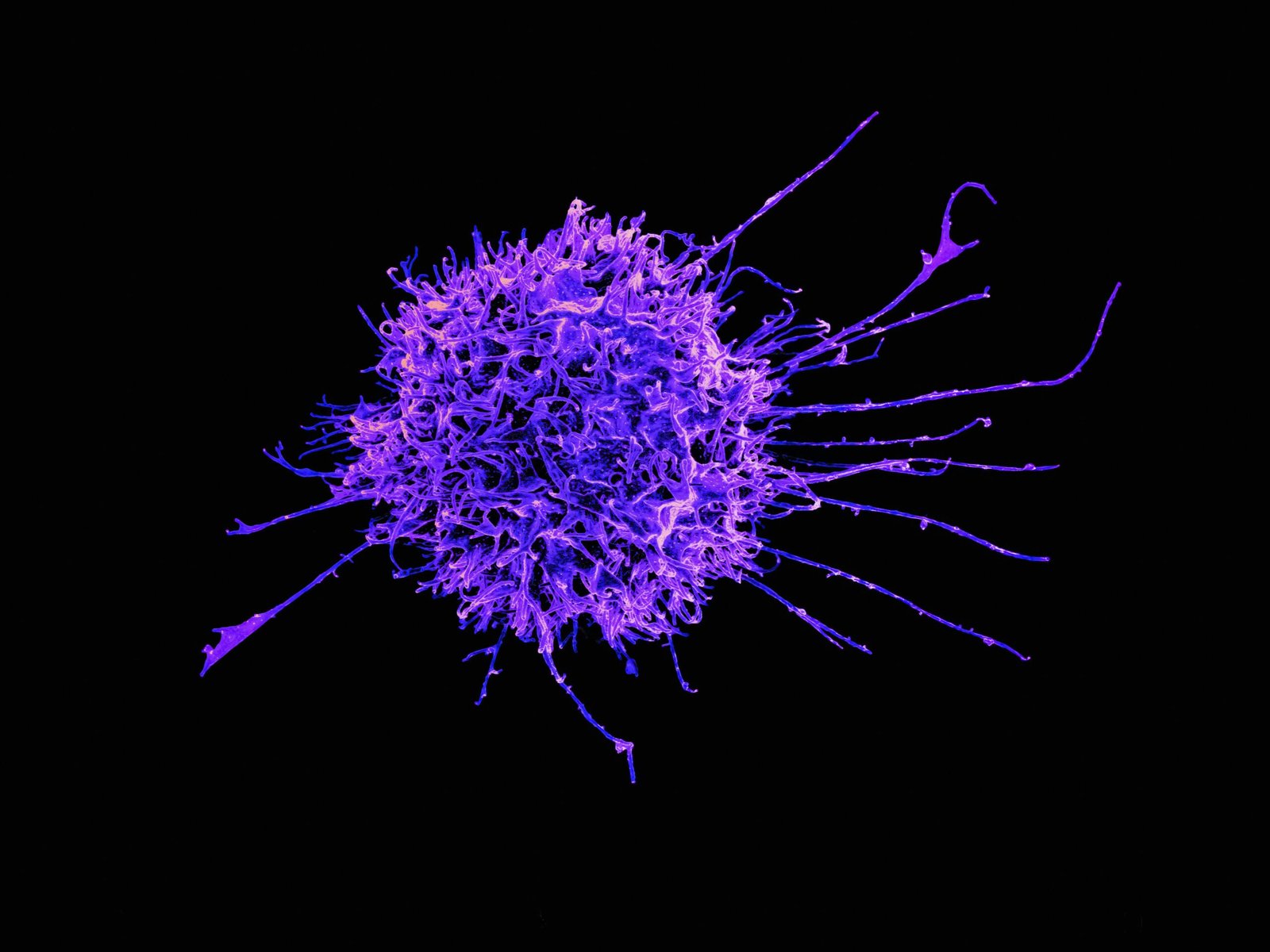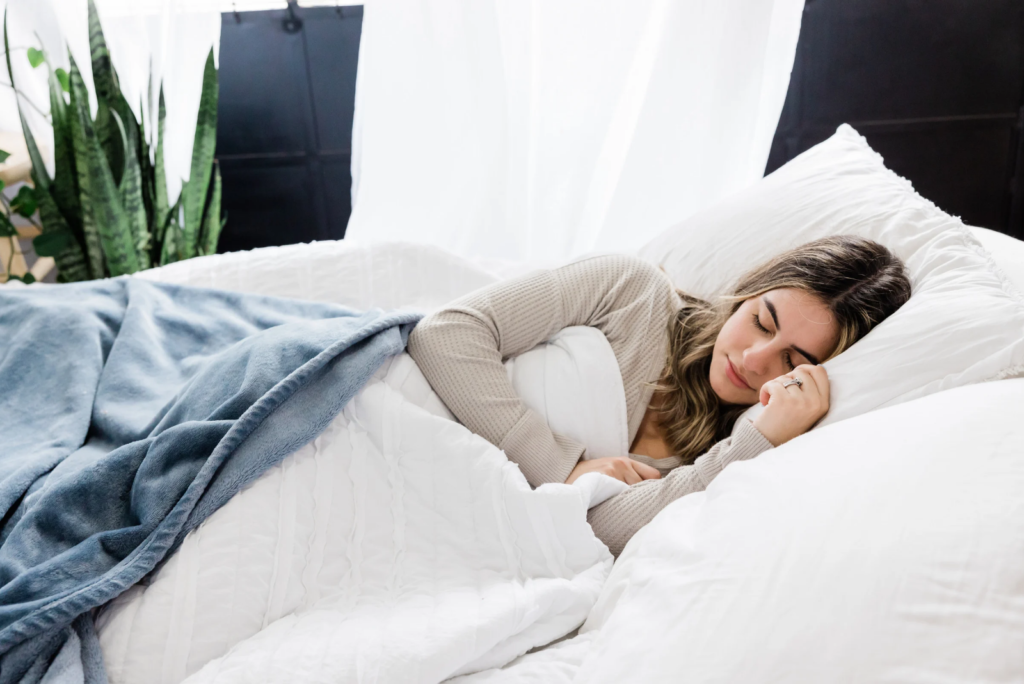Are you tired of feeling overwhelmed, anxious, and stressed out? Do you struggle to cope with the demands of modern life, leaving you feeling drained, exhausted, and burnt out? If so, you’re not alone. Stress and anxiety have become an epidemic in today’s fast-paced world, affecting millions of people worldwide.
The good news is that there are many effective techniques that can help you reduce stress and anxiety, improve your mental wellbeing, and regain control over your life. In this article, we’ll explore eight powerful techniques to help you say goodbye to stress and hello to a happier, healthier you.
Technique #1: Deep Breathing Exercises
Deep breathing exercises are a simple yet powerful way to calm the mind and body. By focusing on slow, deliberate breaths, you can help slow down your heart rate, lower your blood pressure, and reduce feelings of anxiety and stress.
Try inhaling deeply through your nose for a count of four, holding your breath for a count of seven, and exhaling slowly through your mouth for a count of eight. Repeat this cycle several times a day to help reduce stress and promote relaxation.
Technique #2: Progressive Muscle Relaxation
Progressive muscle relaxation (PMR) is a technique that involves tensing and relaxing different muscle groups in your body. This can help release physical tension, reduce muscle strain, and promote deep relaxation.
Start by finding a comfortable seated or lying position, then tense and relax each major muscle group in turn, starting with your toes and moving up to your head. Hold each muscle group for a few seconds before releasing and moving on to the next one.
Technique #3: Mindfulness Meditation
Mindfulness meditation involves focusing your attention on the present moment, without judgment or distraction. This can help calm the mind, reduce stress and anxiety, and promote a sense of inner peace and wellbeing.
Try setting aside a few minutes each day to sit quietly, focus on your breath, and observe your thoughts and feelings without judgment. You can also use guided meditation apps or videos to help you get started.
Technique #4: Physical Exercise
Regular physical exercise is a powerful way to reduce stress and anxiety, improve mood, and enhance overall mental wellbeing. Exercise can help release endorphins, also known as “feel-good” hormones, which can help boost mood and reduce stress.
Try incorporating physical activity into your daily routine, such as going for a walk, jog, or bike ride, practicing yoga or tai chi, or engaging in any other physical activity that you enjoy.
Technique #5: Journaling
Journaling involves writing down your thoughts, feelings, and experiences to help process and release emotions, gain insight and perspective, and develop a greater sense of self-awareness and understanding.
Try setting aside a few minutes each day to write in a journal, reflecting on your experiences, thoughts, and feelings. You can also use prompts or exercises to help guide your journaling practice.
Technique #6: Grounding Techniques
Grounding techniques involve focusing your attention on the present moment, using your senses to ground yourself in reality. This can help reduce feelings of anxiety and stress, promote a sense of calm and relaxation, and enhance overall mental wellbeing.
Try using your senses to ground yourself, such as noticing the sensation of your feet on the ground, the sounds around you, or the sensation of the air on your skin.
Technique #7: Social Connection
Social connection involves building and maintaining relationships with others, whether through friends, family, or community groups. This can help reduce feelings of loneliness and isolation, promote a sense of belonging and connection, and enhance overall mental wellbeing.
Try reaching out to a friend or loved one, joining a social group or club, or volunteering in your community to help build and maintain social connections.
Technique #8: Self-Care
Self-care involves taking care of your physical, emotional, and mental needs, whether through relaxation, leisure activities, or personal growth and development. This can help reduce feelings of burnout and exhaustion, promote a sense of relaxation and rejuvenation, and enhance overall mental wellbeing.
Try setting aside time each day for self-care, whether through reading, taking a bath, practicing yoga or meditation, or engaging in any other activity that nourishes and rejuvenates you.
Conclusion
Stress and anxiety are common experiences that can have a significant impact on our mental wellbeing. However, by incorporating these eight effective techniques into your daily routine, you can help reduce stress and anxiety, improve your mental wellbeing, and regain control over your life. Remember, taking care of your mental health is essential for living a happy, healthy, and fulfilling life.
Takeaway Tips
– Practice deep breathing exercises to calm the mind and body.
– Use progressive muscle relaxation to release physical tension and promote relaxation.
– Incorporate mindfulness meditation into your daily routine to reduce stress and anxiety.
– Engage in regular physical exercise to improve mood




